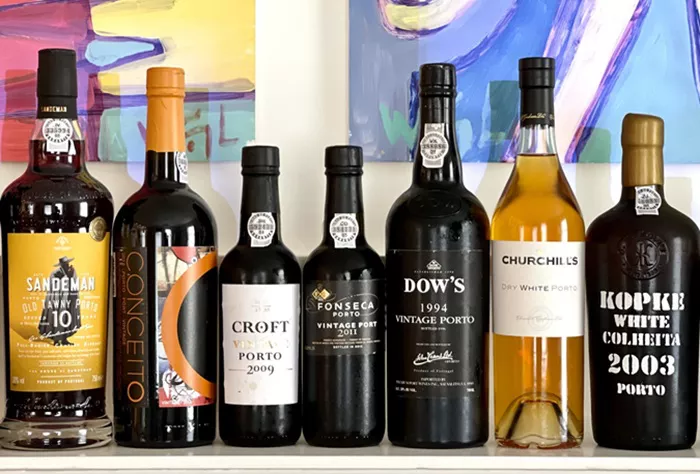A prominent vineyard just south of Salem, known as the Hylo Vineyard, has been removed, marking the end of an era for the land that has cultivated grapes since 1991. The vineyard’s last harvest occurred in October 2024, and its removal was driven by declining productivity and shifts in the wine market.
The South Salem hills, home to rich Jory and Nekia soils with volcanic ash properties, are known for producing high-quality wines. The vineyard, located near Hylo and Liberty roads, spanned approximately 90 acres and was planted by Duck Pond Cellars, founded by Doug and Jo Ann Fries in 1993. By 2018, the Fries family sold several of their vineyards to the Great Oregon Wine Company, but Hylo Vineyard was not included in the sale, nor were around 225 acres of other vineyards in the area.
In recent years, the vineyard’s production began to decline, and Greg Fries, the son of the founders, who continues to manage the family’s remaining vineyards, made the decision to remove the vineyard. “The vines were no longer producing enough to justify operating as a commercial vineyard,” Fries explained. A combination of factors, including an oversupply of grapes and a cooling market for Oregon wines, prompted the decision. Industry trends indicate that this is a wider challenge, as Oregon’s wine industry has seen slower sales following years of rapid growth. From 2000 to 2020, the number of vineyards in Oregon tripled, and wineries more than quadrupled. However, the latest census from the Oregon Wine Board reported a 2.6% decline in Oregon wine sales in 2023, marking the first decrease in over a decade.
The current U.S. wine industry is also experiencing challenges, with a report from 2025 indicating an overall decline in global wine demand. To counter market imbalances, some experts are advocating for a reduction in vineyard acreage, particularly in the Pacific Northwest.
The removal process for the Hylo Vineyard was a significant undertaking. Crews pruned vines, disassembled trellises, and cleared the land, leaving behind large piles of plant debris and empty rows of grapevines. For now, the ground will remain fallow to regenerate for at least a year, and Fries is exploring other options for future use of the land, though grape cultivation is not currently in the plans.
While the closure of the Hylo Vineyard represents a loss for Oregon’s thriving wine industry, the state’s wine scene remains robust. The Willamette Valley, home to more than 700 wineries, continues to lead the state’s wine production, with Pinot Noir being the flagship variety. Oregon’s wine industry generates an estimated $7.21 billion in economic impact, highlighting its vital role in the state’s agricultural and tourism sectors.
In the face of challenges, Oregon’s wine industry is adapting, and the Hylo Vineyard’s closure serves as a reminder of the dynamic nature of farming and the ever-changing landscape of global wine demand.
You Might Be Interested In:


